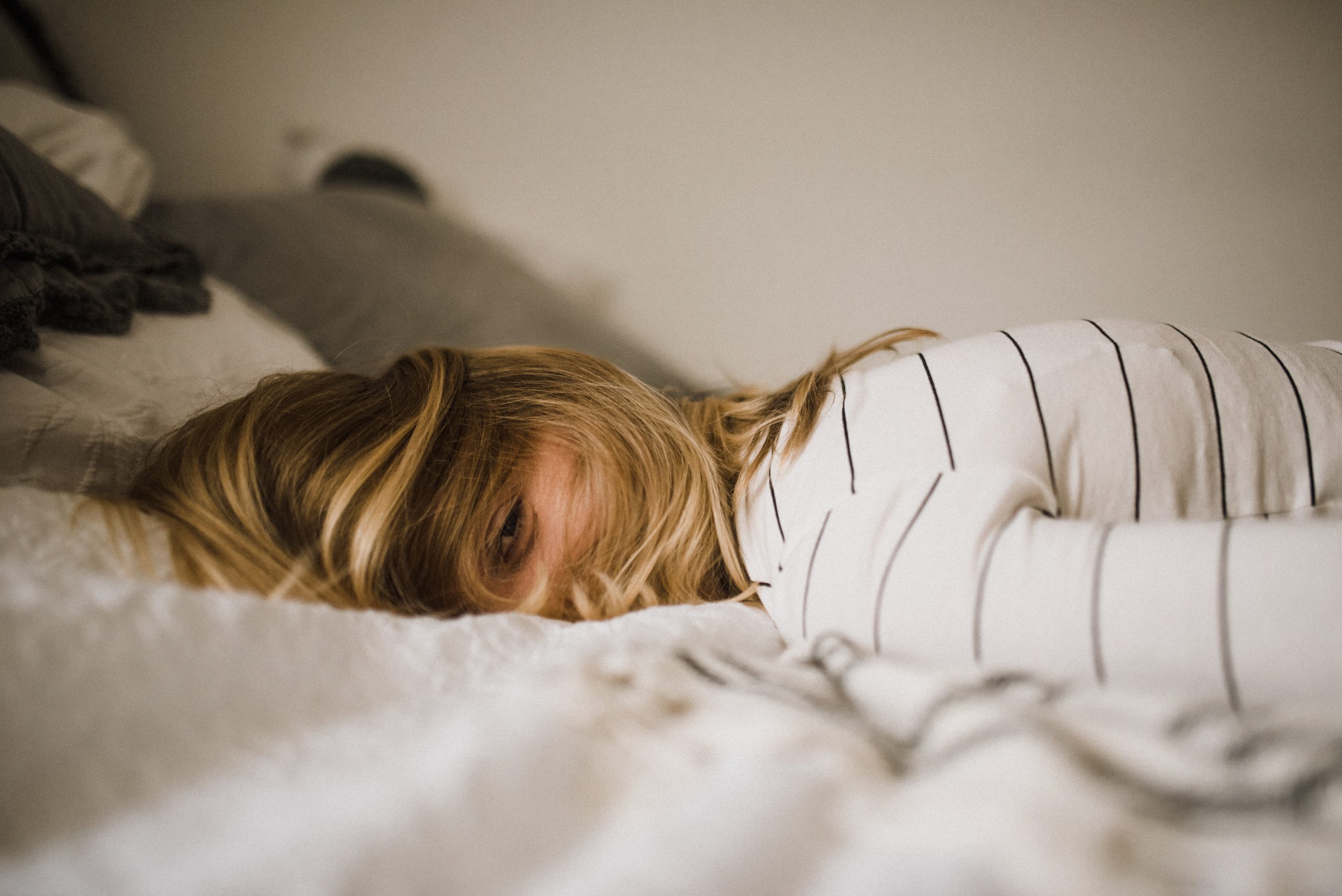Establishing a good sleep hygiene is key when facing sleep problems. While everyone is different these 10 tips have proven to help most people get a better night’s sleep.
1. Establish a routine, try to go to bed and wake up at the same time every day. This helps your body to associate different times in the day with sleeping.
2. Use your bed for sleeping and sex only, go to bed only when you feel tired and are about to fall asleep. Avoid using your bed when you need to do work or other leisure activities such as watching movies.
3. Avoid screens before going to bed and, depending on how bad your sleep problems are, establish a screen cut-off time to avoid your brain being stimulated before bed by images and the light coming from your screen.
4. Create a comfy and inviting space for you to sleep in. Make sure the temperature isn’t too high or too low, and that the levels of light and noise in the room are right for you. Usually dark, quiet and cool environments generally make it easier to sleep.
5. Relax before bedtime, stop any stimulating activities such as working or doing exercise, and try to avoid looking at screens before you go to bed. Doing something calming before you go to bed such as taking a bath, reading a book, listening to some music or doing something creative can help you fall asleep better. If need be, create a structured relaxation routine by trying out things such as breathing exercises, muscle relaxation, visualisations and meditations.
6. Catch up on missed sleep as soon as you can, but always try to avoid sleeping too much during the day as this may affect how you sleep at night. Try not to sleep too long and nap at regular times each day.
7. Diet can play a key role when tackling sleep problems. Alcohol, caffeine and nicotine are stimulants that can affect how well you sleep, especially if you consume them during the evening. Try to avoid large meals and big quantities of liquid in the evening.
8. Regular physical activity can also help you sleep better as it makes your body more tired, especially if you exercise outdoors. Always try to avoid exercising late in the evening as the brain chemicals it releases give you energy and won’t help you doze off.
9. Keep a sleep diary, which involves recording information about your sleep habits over a period of time. This can help you identify the factors that are affecting your sleep, especially if you have experienced sleep problems for a long time and might find it difficult to work out what is affecting your sleep.
10. Try to identify stresses and worries in your life that might be affecting your sleep. Keeping a worry journal can help you identify those worries and look for practical solutions.
Author: Sarah Speziali, Chief Therapist at InsideOut
—-
Reference: Mind






